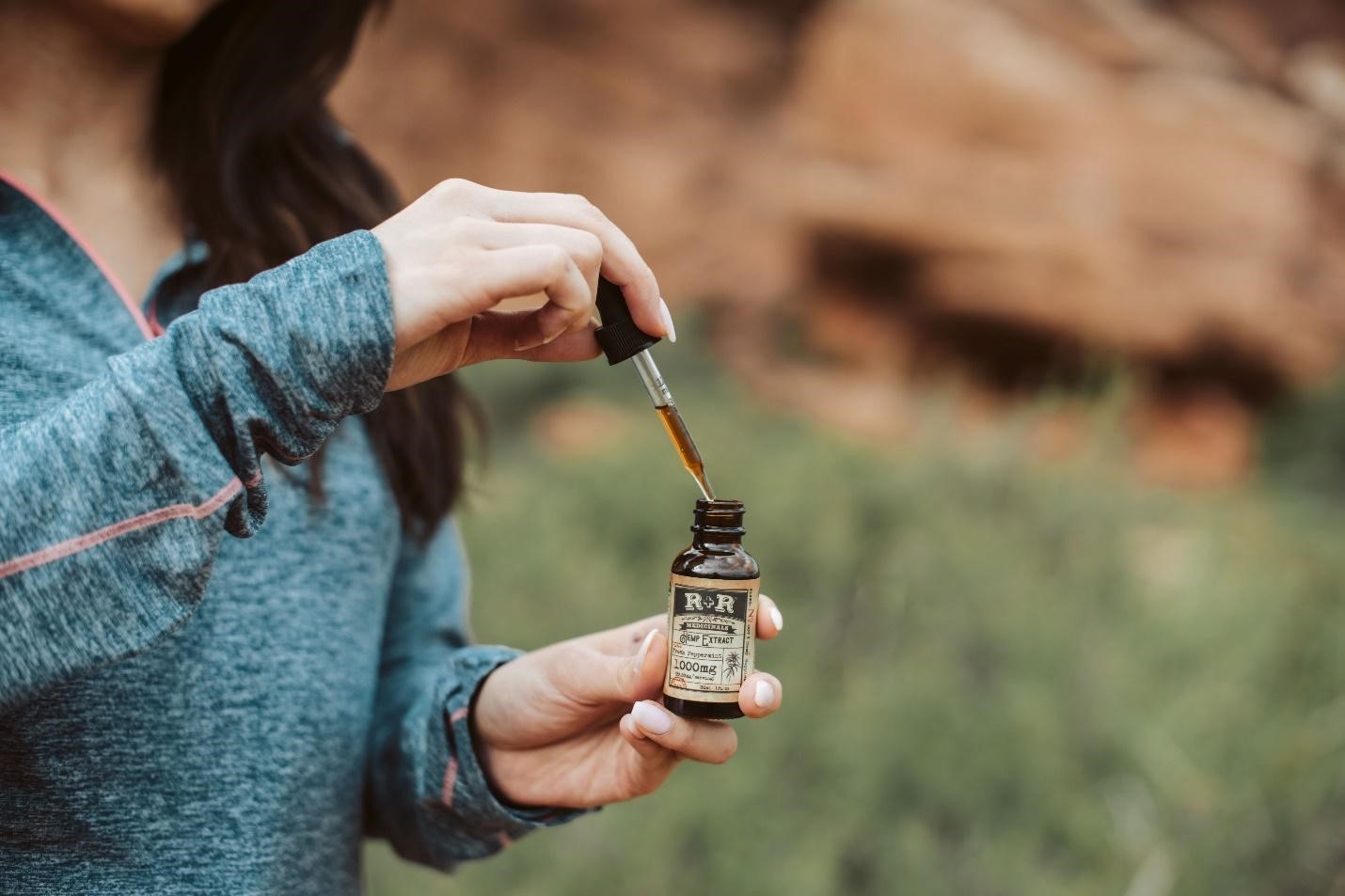Policy
How CBD Products are Regulated Under Canadian Cannabis Law

The Canadian Health Food Association and Canadian Hemp Trade Alliance have called for amendments in the existing Canadian regulations. Currently, Canadian regulations treat CBD and all phytocannabinoids as drugs. Under the new Cannabis Act and its regulations that will come into effect on October 17th of this year, new rules will be established for the legal production and sale of edible cannabis, cannabis extracts, and cannabis tropical.
Over the past few years, many companies have gone out of the regulatory line boundaries to produce, process, and sell CBD as there are different beliefs about CBD products. This article focuses attention on the current regulatory mandates for the production, dispensation, and trade of CBD products.
What is Cannabidiol (CBD)
Before diving deep into the regulatory requirements, it is important for you to know what CBD is and how is it produced? Both Delta 9 tetrahydrocannabinol (THC) and Cannabidiol (CBD) are phytocannabinoid that is typically extracted from hemp plants, marijuana leaves, and flowering buds of the cannabis plants.
CBD does not produce a high or intoxicating effect, unlike THC that is responsible for the high or intoxication of consuming cannabis. Both CBD and THC naturally occurs in many varieties of cannabis plants. Over the past few years, CBD has become very popular and some believe that CBD is a wonder drug that can combat several ailments from joint pain, insomnia to anxiety.
Who Can Grow Cannabis Plants Containing CBD
Under the Cannabis Act, a business requires a federal license to cultivate any cannabis plants commercially. The license can be of two types: a cultivation license issued under the Cannabis Regulations that authorizes the growing of diverse cannabis plants with varying amounts of THC and CBD or an industrial hemp license issued under the Industrial Hemp Regulations that authorize the cultivation of a specific variety of cannabis called industrial hemp.
How Canada Regulates CBD
Both CBD and THC are regulated under the same Cannabis Act and Cannabis regulation. The Cannabis act prohibits many activities that are associated with phytocannabinoid (CBD included). As of today, businesses require a license to cultivate and process cannabis, sell cannabis for medical purposes, and use cannabis for analytical testing and research purpose. New guidelines will be established for legal production and sale of cannabis under the new Cannabis regulation act that will come into effect on October 17 of this year.
Why an Improved Regulatory Regime is required for CBD Products
The current Canadian regulatory approach to CBD perpetuates the illegal cannabis market. Unlike Canada, the United States federal government has separate regulations for hemp-derived CBD and CBD acquired from other sources. Studies also mention that pure CBD preparations shouldn’t be arranged under international laws on drug resolutions since it does not demonstrate abuse or dependence potential.
There are a lot of misconceptions about CBD products in the market. Many consumers still believe that producing or selling CBD is legal as CBD components do not cause intoxication and hence doesn’t have a substantial risk to health. Canada establishes global leadership in the industry by regulating cannabinoids consistently with its given risks.
